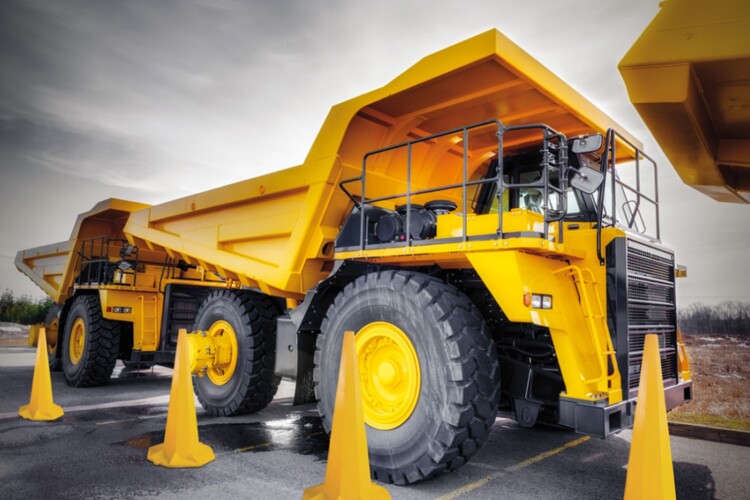Road cones are the brightly coloured orange traffic-warning pylons that you see at accident scenes or that are placed behind stationary vehicles on the road to warn motorists of the hazard ahead. Just from this explanation, one can deduct that road cones are often used as traffic-control devices and hazard markers. The very nature of their design makes road cones eminently suitable for temporary use. For permanent hazards, the traffic-control or engineering departments opt for other safety devices that are strong and durable to help motorists steer clear of dangers and to prevent them from colliding with hazards.
Due to their design and suitability for temporary applications, road cones are often used at roadworks to direct motorists around problem areas and channel vehicles into specific lanes. Emergency personnel also use the cones to demarcate space around the accident scene and to direct the motorists around accident-damaged vehicles and into a temporary lane. Road cones’ name already tells us what shape they are; they do indeed look like inverted ice-cream cones. They also have hollow centres, which makes it possible to stack them when they are not in use. This helps to reduce the space needed for storage and transportation. It also makes it easier to deploy the traffic pylons, as the top one on the stack is placed first and then the next – and so forth.
The hollow centre, however, is also an important feature in that it reduces its weight. Instead of it being a solid and heavy traffic marker, it is light, thanks to being hollow. When it comes to transportation, storage, and deployment, this feature is essential. With the devices being lightweight, a single worker can place or move the units, without needing special equipment. Deployment is quick, which is essential at accident or emergency scenes. The lightweight design is also essential to prevent excessive damage to a straying vehicle upon impact. And, if the wind should be too strong and the pylons blow over, the lightweight design helps to prevent damage to whatever they hit. Of course, due to their hollow centre and lightweight PVC design, road cones do blow over relatively easily, unless the pylons have sturdy or heavy bases. To this end, many types of traffic pylons have heavier bases to provide stability in windy conditions.
The PVC material and lightweight design, furthermore, make it possible to get these traffic markers at reasonable prices for large-scale deployment. As safety products, they have these main functions:
- Flow control – where vehicles must move slowly around accident scenes, roadworks, or into specific lanes.
- Block off areas – indicate no-go zones, such as worker areas.
- Warn of hazardous conditions – such as an accident or traffic stop area.
- Demarcate safe pathways – where vehicles must drive.
- Indicate allocated areas – show where pedestrians cross at pedestrian crossings.
The bright colours used for traffic cones make the devices highly visible at night and in rainy and misty weather. To make them even more visible, reflective strips can be added to them. The traffic pylons are made to last a long time, even if left out in the sun. This is important for roadwork applications where the pylons are used in all types of weather conditions. Different sizes are available as well; the smaller ones are frequently used for sports events, while the medium and larger sizes are used for construction, accident scenes, and traffic stop areas. Huge sizes are available for construction and mine sites where very large and heavy vehicles operate.
Traffic pylons are warning devices and cannot prevent vehicles from driving through demarcated areas. As such, the devices are not suitable to protect against hazards and should not be deployed on a permanent basis. For temporary regulation, however, these safety products are ideal for wide deployment. We supply a range of pylons as part of our comprehensive product offering. The pylons have heavy bases for maximum stability in windy conditions. We manufacture the soft cones in a wide range of colours with Dayglo Orange being the most popular. The pylons are made for South Africa’s harsh weather conditions and UV-resistant ink is used to colour them. Though exceptionally durable, they are competitively priced, ensuring superb value for money.
Get in touch for more information about our range of road cones.

